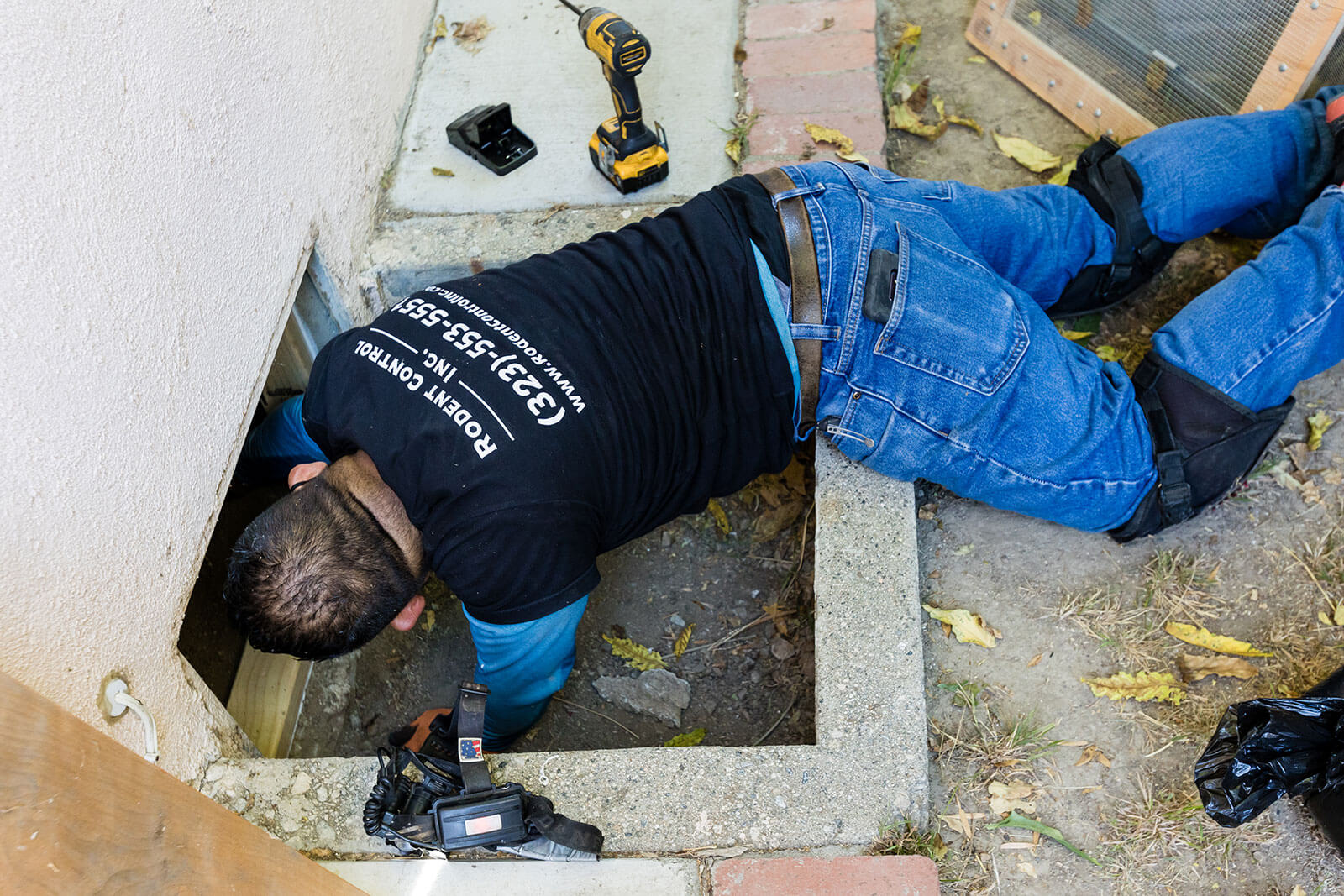Introduction
Rodents are more than just a nuisance; they pose serious risks to your health and property. From the common house mouse to the larger Norway rat, these pests can invade homes and wreak havoc if left unchecked. This comprehensive guide aims to equip you with everything you need to know about rodent control in your home, providing effective strategies, preventive measures, and expert insights. By understanding the behaviors of these critters and implementing proven techniques, you can reclaim your space from unwelcome guests.
The Ultimate Guide to Rodent Control in Your Home
Understanding Rodent Behavior: Why Do They Invade?
Rodents are incredibly adaptable creatures. Understanding their behavior can help you devise effective rodent control strategies. Typically, they invade homes seeking food, shelter, or warmth.
- Food Sources: Rodents have an acute sense of smell and will venture into kitchens and pantries. Shelter: They prefer hidden spaces where they feel secure—think attics, basements, or behind appliances. Warmth: During colder months, rodents seek warm environments for survival.
Identifying Common Types of Rodents
Familiarize yourself with the most common types of rodents that may invade your home:
House Mouse: Small and agile, often found in homes throughout urban areas. Norway Rat: Larger than other species; adept at burrowing. Roof Rat: Known for climbing; typically nests in upper parts of buildings. Field Mouse: More common in rural areas but can enter homes during harvest seasons.Signs of a Rodent Infestation
So how do you know if you have a rodent problem? Look out for these telltale signs:
- Droppings near food sources or entry points Gnaw marks on furniture or walls Unusual noises during the night Nesting materials such as shredded paper or fabric
Health Risks Associated with Rodents
Rodents carry various diseases that can be transmitted to humans through direct contact or contamination:

Preventive Measures for Rodent Control
Prevention is always better than cure! Here’s how you can keep these pests at bay:
Sealing Entry Points
Identify and seal potential entry points:
- Use caulk for small gaps. Install steel wool in larger openings.
Maintaining Cleanliness
A clean home is less attractive to rodents:

- Store food in airtight containers. Regularly dispose of garbage.
Landscaping Considerations
Your yard could be attracting rodents:
- Trim overgrown shrubs that provide cover. Keep mulch away from foundations.
DIY Rodent Control Techniques
If you're looking for immediate solutions, consider these DIY methods:
Traps vs. Poison Baits
Both traps and poison baits have their pros and cons:
- Traps are safer around pets and children but require frequent checking. Poison baits can be effective but pose risks if ingested by non-target animals.
Natural Deterrents
Some natural deterrents may help repel rodents:
- Peppermint oil has been known as a natural repellent when placed near entry points.
When to Call a Rodent Control Company?
If your efforts aren't yielding results, it might be time to enlist professional help from a rodent control company:
Evaluating the Severity of Infestation
Consider calling experts when:
- You notice significant droppings or nesting materials You hear consistent scratching sounds
Benefits of Hiring Rodent Control Experts
Professionals bring experience and tools that can ensure thorough eradication:
Comprehensive inspections Safe removal methods Long-term prevention strategiesFinding Affordable Rodent Control Services Near Me
Finding reliable rodent control services nearby doesn't have to be overwhelming! Here’s how:
Search online with keywords like "Rodent Control Near Me" or "Rodent Control in Los Angeles." Check reviews on platforms like Yelp or Google My Business. Ask friends or family for recommendations based on their experiences.Advanced Techniques for Effective Rodent Control
Baiting Strategies That Work
Baiting is an essential part of effective rodent control:
Place bait stations strategically along walls where activity is noted. Use multiple bait types—some rodents may prefer different foods.Utilizing Ultrasonic Repellents
Ultrasonic repellents emit high-frequency sounds that are unpleasant for rodents but inaudible to humans:
These devices should be placed in areas frequently visited by rodents. Combine ultrasonic repellents with physical barriers for maximum effectiveness.FAQs About Rodent Control
1. What attracts rodents to my home?
Rodents are mainly attracted by available food sources, shelter, and warmth during colder months.
2. How do I know if I have a rodent infestation?
Look for signs such as droppings, gnaw marks on furniture, unusual noises at night, or nesting materials around your home.
3. Can I get rid of rodents myself?
Yes! Many homeowners successfully implement DIY methods such as traps or natural deterrents before calling professionals.
4. When should I hire a professional rodent control company?
If you've confirmed a significant infestation that DIY methods can't effectively manage—it's best to call experts who specialize in rodent control services near me.
5. Are poisons safe to use around pets and children?
While some poisons are effective against rodents, they pose risks if ingested by pets or children; thus caution is needed when using them indoors.
6. How often should I check traps?
You should check traps daily at minimum to ensure timely removal of any captured rodents while preventing further infestations.
Conclusion
In conclusion, keeping your home free from rodents involves vigilance and proactive measures ranging from cleanliness to professional interventions when necessary. By adhering to the information laid out in this guide—the ultimate resource for rodent control—you’ll not only safeguard your health but also protect your property from potential damage rodentcontrolinc.com caused by these pesky intruders.

Remember that whether you're dealing with minor annoyances or significant infestations, there are always solutions available—from DIY tactics all the way up to professional assistance from trusted rodent control experts nearby you!
Stay informed, stay prepared—take back control over your living space today!